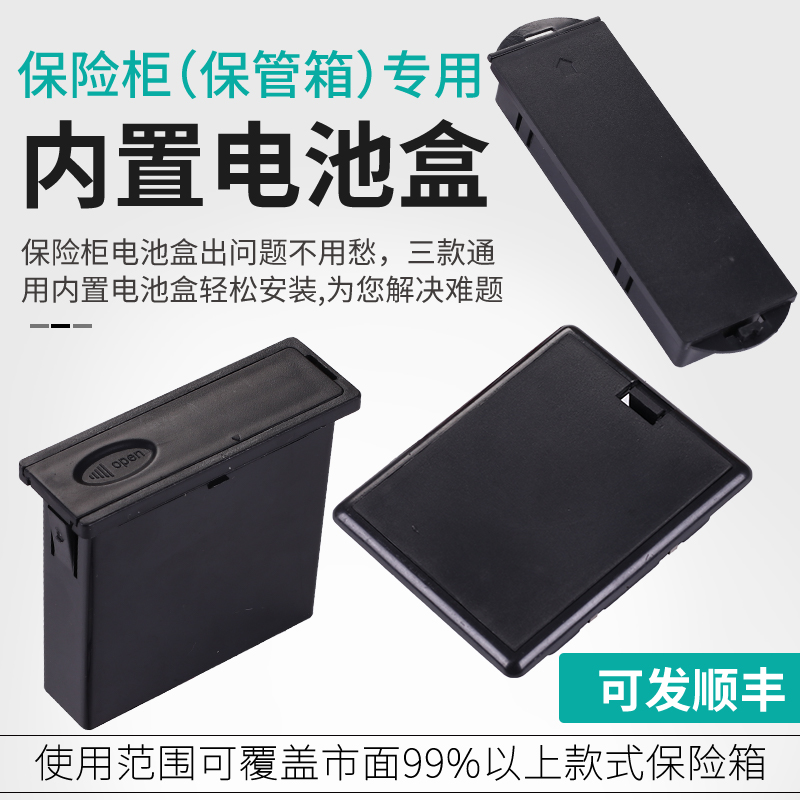高效管理办公室文件:保险柜的实用技巧
销售青春
2024-10-08 01:30:34
0次
高效管理办公室文件:保险柜的实用技巧
随着公司运营的不断扩展和深入,办公室文件的数量也越来越多,而高效地管理这些文件,特别是对敏感文件的管理显得尤为重要。本文将为大家分享关于高效管理办公室文件的技巧,尤其是如何利用保险柜进行实用管理。 一、合理分类 首先,要确保所有的文件都进行了合理的分类。按照文件的性质、重要性以及保密程度进行分类,例如,重要文件、一般文件、机密文件等。在保险柜中,可以根据这些分类设立不同的隔层或抽屉,以便于快速找到所需文件。 二、定期整理 定期整理是保持办公室文件高效管理的关键。每隔一段时间(如每月或每季度),应对保险柜内的文件进行一次全面的整理。删除不必要的文件,把旧的或者过期的文件移至归档处,而新来的文件则根据其性质进行归类。这样不仅能保证保险柜的整洁有序,还能避免因文件过多而导致的混乱。 三、使用电子化工具辅助 随着科技的发展,电子化工具在文件管理中也发挥了重要作用。可以借助电子化的保险柜系统来管理文件,通过电子标签、搜索功能等工具快速找到所需文件。同时,电子化工具还能实现文件的自动备份和加密,大大提高了文件的安全性。 四、保险柜的实用技巧 1. 密码管理:为保险柜设置一个复杂但容易记住的密码,并确保只有需要接触敏感文件的人员知道密码。避免密码过于简单或者泄露给不相关的人员。 2. 及时锁定:每次取出或存入文件后,都应及时锁定保险柜。这样即使有人试图打开保险柜,也会因为无法打开而及时发现异常情况。 3. 定期检查:定期检查保险柜的性能和安全性,如锁具的灵活性、有无异常的响声等。同时也要注意保险柜的放置位置是否安全。 4. 备有备用方案:为了防止万一发生密码遗失或者系统故障等紧急情况,需要准备一份备用方案。如使用备份的密码、更换系统或者设立备用保险柜等。 五、与员工沟通 在管理办公室文件时,与员工保持良好的沟通也是非常重要的。了解员工的文件需求和使用习惯,并帮助他们高效地管理和查找所需文件。此外,应定期向员工宣传正确的文件管理知识,提高他们的安全意识。 六、翻译成英文: Efficient Management of Office Documents: Practical Tips for Safes With the continuous expansion and deepening of company operations, the number of office documents is also increasing, and efficiently managing these documents, especially sensitive ones, is particularly important. This article will share practical tips for efficiently managing office documents, especially how to use safes for practical management. Firstly, it is necessary to ensure that all documents are reasonably classified. Classify documents according to their nature, importance, and confidentiality level, such as important documents, general documents, and confidential documents. In the safe, different compartments or drawers can be set up according to these classifications to facilitate quick access to the required documents. Secondly, regular organization is the key to maintaining efficient document management in the office. Organize the contents of the safe thoroughly at regular intervals (such as monthly or quarterly). Remove unnecessary files, move old or expired files to archiving locations, and categorize new files according to their nature. This not only ensures the tidiness and orderliness of the safe but also avoids the chaos caused by too many documents. Thirdly, use electronic tools to assist in document management. With the development of technology, electronic tools have also played an important role in document management. Electronic safe systems can be used to manage documents with electronic labels, search functions, and other tools to quickly find the required documents. At the same time, electronic tools can also achieve automatic backup and encryption of documents, greatly improving document security. Fourthly, practical tips for using safes: Set a complex but easy-to-remember password for the safe and ensure that only personnel who need to access sensitive documents know the password. Avoid using overly simple passwords or sharing them with unrelated personnel. Always lock the safe after each use to prevent unauthorized access. Regularly check the performance and security of the safe, such as the flexibility of the lock and any unusual noises. Also, pay attention to whether the location of the safe is secure. Have a backup plan in case of emergencies such as lost passwords or system failures. Finally, effective communication with employees is also crucial in managing office documents. Understand employees' document needs and usage habits and help them manage and find their required documents efficiently. Additionally, regularly educate employees on proper document management knowledge to enhance their security awareness.下一篇:保护企业机密,办公保险柜不可或缺
相关内容
热门资讯
密码锁、电子锁,哪种类型的办公...
本文讨论了密码锁和电子锁在办公保险柜中的应用,指出每种锁的优缺点及适用场景。密码锁物理安全高,但需防...
密码、指纹、钥匙:解锁保险柜的...
本文介绍了密码、指纹识别和智能钥匙等现代科技解锁保险柜的多种方式,探讨了它们的特点和适用场景。无论选...
高效办公的秘密武器——智能保险...
智能保险柜是现代办公中高效安全的文件存储工具,通过正确选择、设置密码、合理使用特殊功能及维护保养等措...
办公室的守护神:保险柜产品特点...
保险柜产品以高强度材料和先进技术保障安全,广泛用于办公室,可保护财务资产、文件资料和贵重设备。在快速...
密码保险柜使用注意事项及常见问...
密码保险柜使用注意事项包括密码设置、放置位置、操作方式等,并解答了常见问题如忘记密码、无法打开和清洁...
防止数据泄露的利器——办公保险...
本文介绍了办公保险柜在防止数据泄露中的重要性,其采用先进技术、物理保护和权限管理等手段确保数据安全,...
打破传统,迎接智能办公时代——...
随着智能办公时代的到来,保险柜需进行革新升级。智能保险柜采用生物识别、远程控制等技术,提高管理效率和...
保险柜的种类与特点,你了解吗?
保险柜种类多样,包括家用、商用、防爆防砸及移动式等,具有高安全性、多种尺寸和类型、优质材料及便捷操作...
打造安全办公环境,保险柜的选择...
摘要:打造安全办公环境需注重保险柜的选择与配置。应选坚固耐用、具备多锁系统、防火防潮的保险柜,合理配...
办公桌上的守护神——如何选择合...
本文介绍了如何根据实际需求选择合适的保险柜,包括明确需求、了解不同类型、考虑材质和结构、关注品牌和服...

